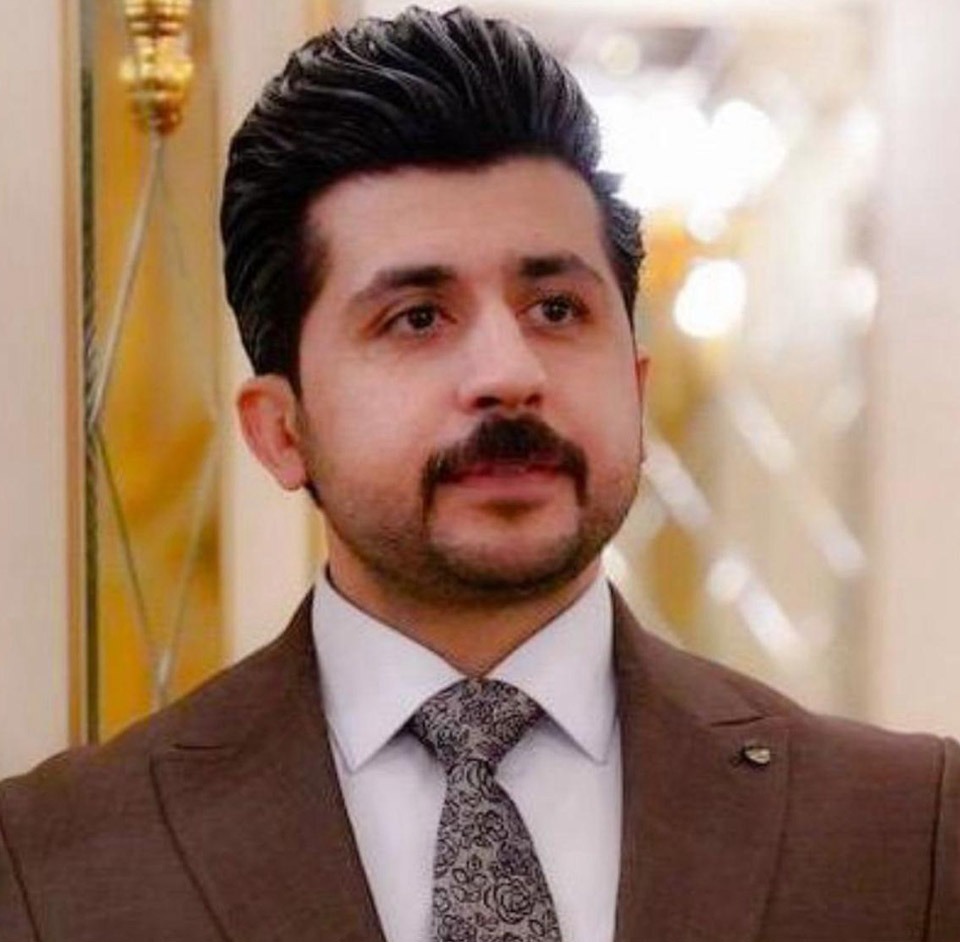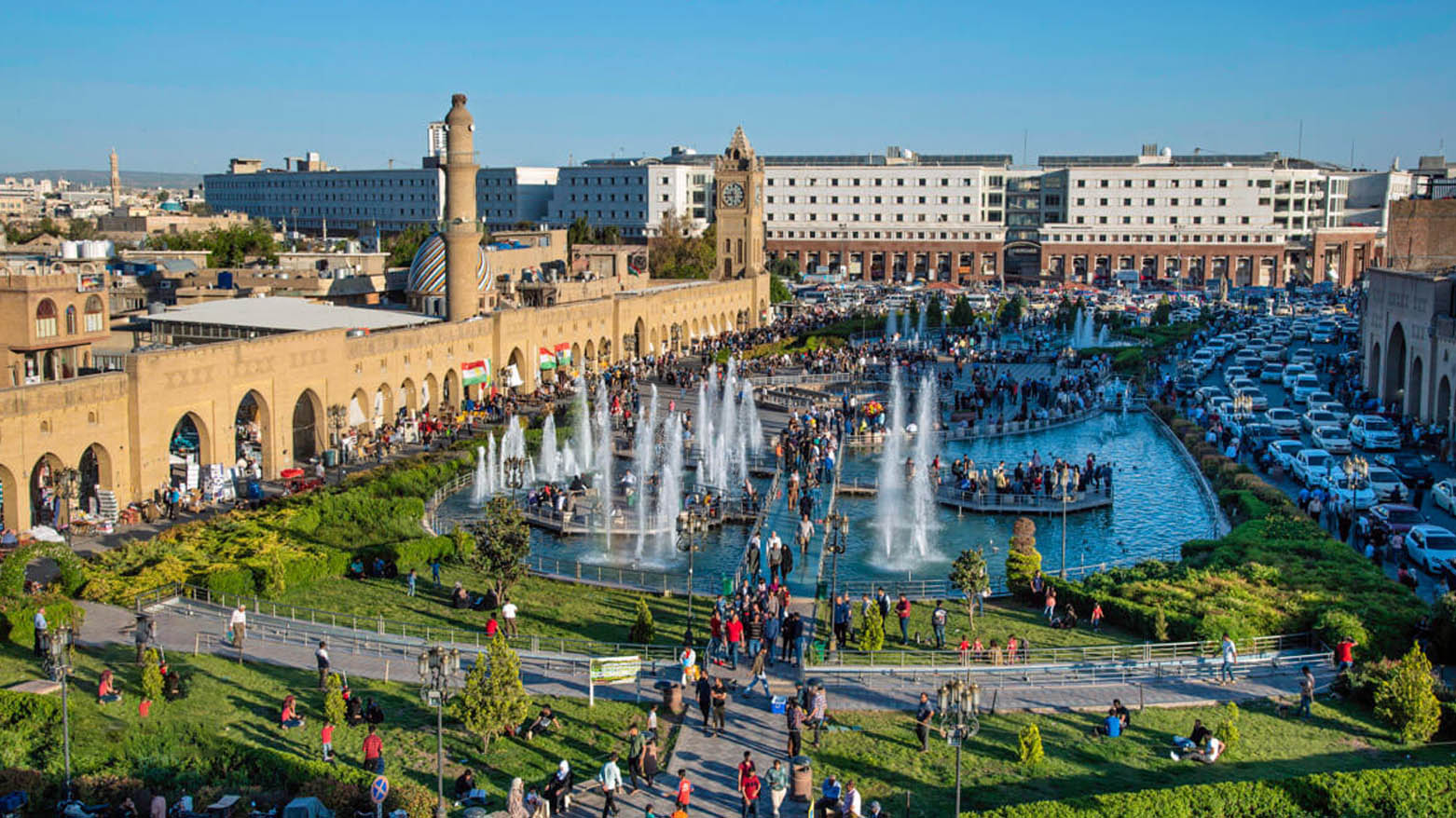
Wissam Massify
Editor
The Global Community’s Stance on the Kurds in the 21st Century: The Role of Today’s Iraqi Government
Furthermore, amongst these losses, the Kurdish population continues to endure tyranny and unjust choices by the Iraqi state, with the recent issue being the reduction of the budget and not sending the salaries of Kurdish employees, which some Arab officials in Iraq regard as an accomplishment.

If we reflect on history, we find that since the 1920s, Kurdish leaders have faced the same challenges and obstacles from the Iraqi governors that they face nowadays; nothing has changed in their mindset, only faces. We must ask why, and why particularly the targeted Kurdish people over the last decades.
Since the Kurdish revolution and specifically during the era of Mula Mustafa Barzani (God gracious him) in the 1930s, and till this moment, Kurdish people have challenged a huge influence that stripped their legal rights according to international law and live like other human beings in the world.
The important issue is that many times Kurdish people faced a backward mindset that denies Kurdish rights as a nation has the right to live in prosperity and progress, let me remind you that the Barzani family lost 8000 individuals to the Iraqi regime, Kurds people lost more than 5000 villages, Kurdish people lost its identity as a nation that wanted right to live right to recognition to express their language in the worldwide, Kurds face chemical bombardments, Kurds people faced genocide for more than 90 years and no one ask why? Do we still wait for more sacrifices to move the soul of the international community to interfere?
From the establishment of the Iraqi state till the present moment, the minds still have the same ideology, and the same system, only the faces have changed, nothing else.
Let us have a full retrospective since 2003 of Iraqi losses by their regimes:
1- The internal displacement of residents throughout Iraq has been substantial, impacting all communities due to the incessant violent assaults by multiple armed factions, including militias. The battle with ISIS has led to a significant rise in displacement post-2014, with millions affected since 2003, and many of them, according to the data, lived in the Kurdistan region.
2- According to Al Jazeera in 2018, corruption has resulted in a loss of $320 billion from Iraq's GDP since 2003.
3- According to former Finance Minister Ali Allawi, administrative corruption resulted in a loss of $250 billion from Iraq's $1 trillion budget between 2003 and 2020. Experts estimate the "lost" sum to be between $400 billion and $450 billion, constituting 40% of Iraq's budget.
4- In 2021, former President Barham Salih stated that an astonishing $150 billion in oil revenues had been misappropriated since 2003.
5- The Century Foundation's 2022 report asserted that "the heist of the century," involving the theft of $2.5 billion from a tax commission account, may represent merely 1% of corruption-related losses, which are estimated to amount to between $150 billion and $300 billion since 2003.
6- Mustafa Al-Kadhimi, the former Prime Minister, stated in 2023 that corruption resulted in a financial loss of $600 billion from 2003 to mid-2020.
The financial losses in Iraq post-2003 are reported to exceed 1000 billion dollars; where have these funds been allocated? All these factors are intricately connected to political instability, insufficient governance, and persistent violence. The failure to address corruption is frequently regarded as the primary impediment to Iraq's rehabilitation and growth, not the Kurdish people.
Furthermore, amongst these losses, the Kurdish population continues to endure tyranny and unjust choices by the Iraqi state, with the recent issue being the reduction of the budget and not sending the salaries of Kurdish employees, which some Arab officials in Iraq regard as an accomplishment.
The question undermined the reality and the facts that have struggled for their rights to get Kurdish people's rights according to the Iraqi Constitution 2005, which, based on the articles Article 15 of the Iraqi Constitution, guarantees the rights to life, security, and liberty. It employs Article 14 to provide legal equality for all Iraqis. Additionally, Article 106 pertains to the equitable allocation of federal revenues and resources.
Nevertheless, “The rights of nations, including the right to self-determination, are articulated in various provisions of the UN Charter, notably Article 1 (2) and Article 2 (4). Furthermore, Article 55 underscores the necessity of stability and well-being, which encompasses adherence to the principle of equal rights and self-determination of peoples, to foster peaceful relations among states.”
In conclusion, believe me, no religion, no constitution in the world, and no humankind will accept what happened to Kurdish people since the beginning of humankind on the planet.
The international community must recognize that the denial of fundamental rights anywhere constitutes a direct challenge to our shared humanity and poses a tangible threat to global security. Resentment, instability, and violence arise when voices are stifled, freedoms are curtailed, and justice is denied. We must reaffirm our steadfast commitment to the ideas we have collectively embraced and rise beyond narrow self-interest.
Therefore, every nation, leader, and citizen have to champion the rights of all individuals, without any discrimination. We must leverage our economic strength, moral authority, and diplomatic influence to ensure accountability for those who repeatedly breach these fundamental ideals. Let us invest in education, foster discourse, and create institutions that protect individual fundamental freedoms. We can only authentically realize the ideal of a world where peace, decency, and equality are standard for all individuals by safeguarding their rights.